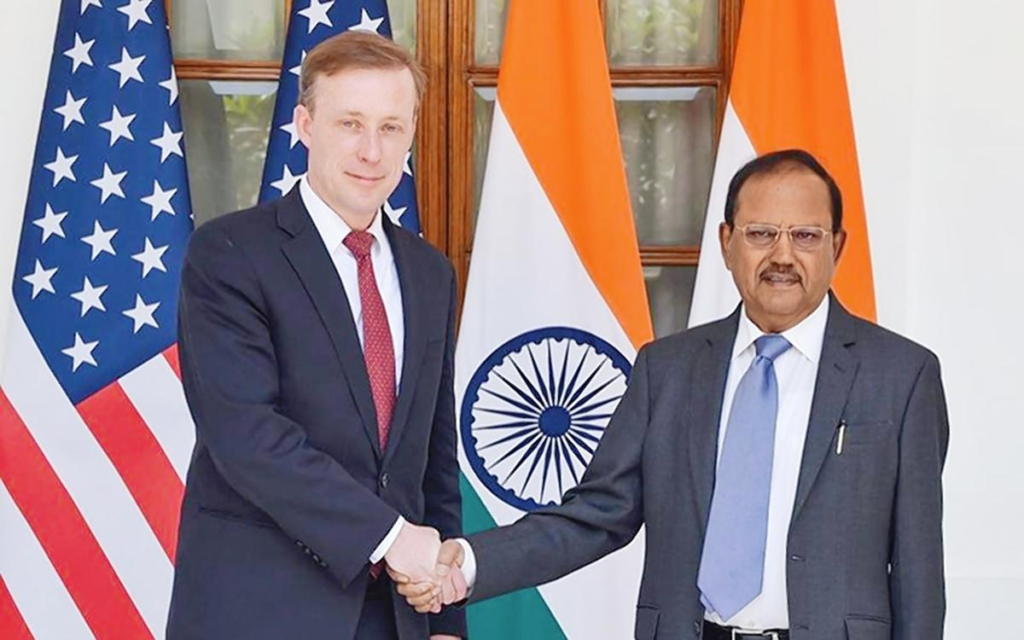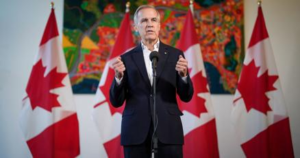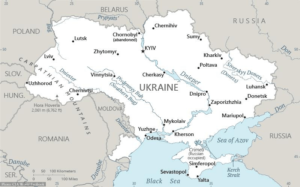US Sanctions on Indian Entities: A Complex Geopolitical Landscape
A Delicate Balancing Act
The recent imposition of sanctions by the United States on 15 Indian companies has significantly impacted the delicate balance of India’s foreign policy. These sanctions, aimed at curbing Russia’s military-industrial complex, have raised concerns about the potential implications for India’s economic and strategic interests.

Navigating Geopolitical Tensions
India, a strategic partner of the US, has historically maintained a neutral stance on the Russia-Ukraine conflict. However, the sanctions highlight the increasing pressure on India to align more closely with Western nations in their efforts to isolate Russia. This puts India in a difficult position, as it seeks to balance its strategic autonomy with its growing economic and security ties with the US.
Economic Implications of the Sanctions
The sanctioned Indian companies are primarily involved in the export of electronic components and other dual-use technologies. These sanctions could disrupt their supply chains, impact their business operations, and potentially damage India’s reputation as a reliable trading partner. Moreover, they could also deter foreign investment in India, as businesses may be wary of the potential risks associated with US sanctions.
India’s Measured Response
India’s response to these sanctions has been measured. While it has expressed its concerns to the US, it has also emphasized its commitment to international law and its independent foreign policy. India has also taken steps to strengthen its domestic export control regime to prevent the misuse of dual-use technologies.
A Complex Geopolitical Landscape
The US sanctions on Indian entities underscore the complex geopolitical landscape in which India operates. As a major emerging power, India is increasingly being drawn into the global power struggles between the US and China. The challenge for India is to navigate this complex terrain while safeguarding its national interests and maintaining its strategic autonomy.










